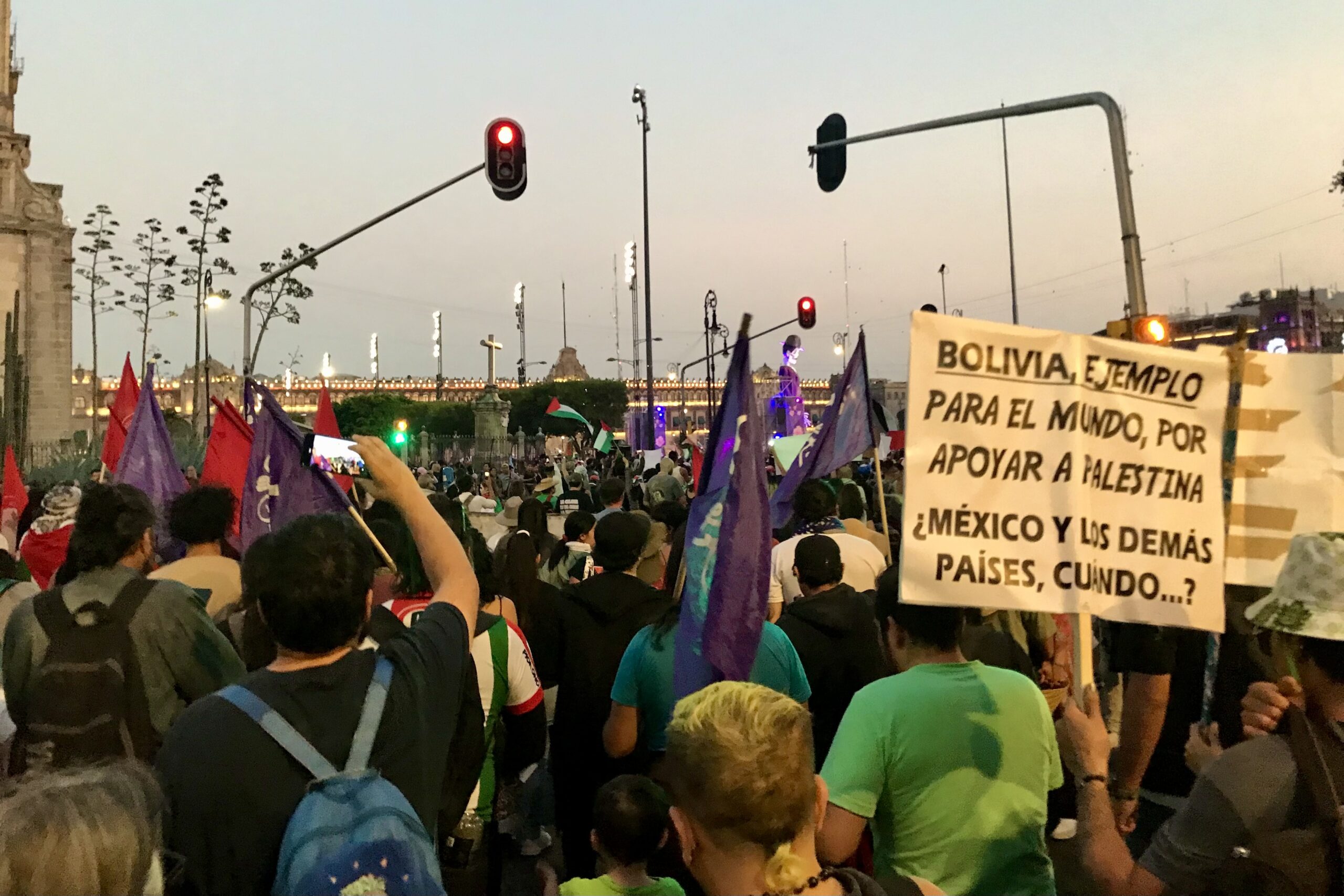
Weaving a global feminist movement for Palestine
Gaza City has been practically wiped off the map. Israeli attacks focused on hospitals, which also serve as shelters for the displaced and bombed population, and other civilian targets have led to

Gaza City has been practically wiped off the map. Israeli attacks focused on hospitals, which also serve as shelters for the displaced and bombed population, and other civilian targets have led to
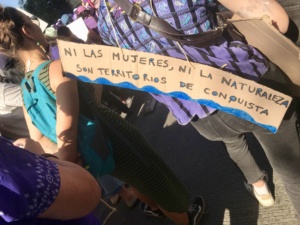
March 8 in Mexico is not only a show of strength and convening power for women’s movements, but also an opportunity to see how the movement is changing with the times.
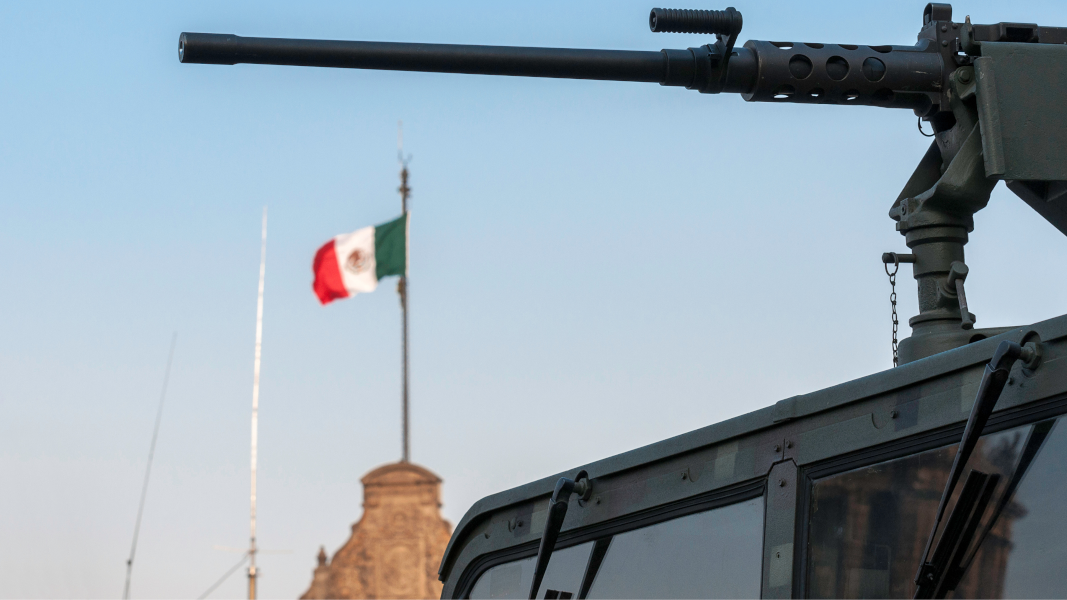
Militarization, now institutionalized in the Constitution and in practice, extended for the next six years and quite possibly forever, is not just the latest bone of contention between political parties. It is
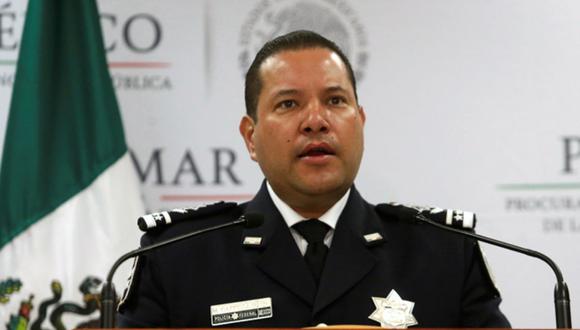
The news that the Mexican government had shut down operations of the elite DEA team in the country – the Special Investigations Unit (SIU) – provoked an avalanche of articles in the
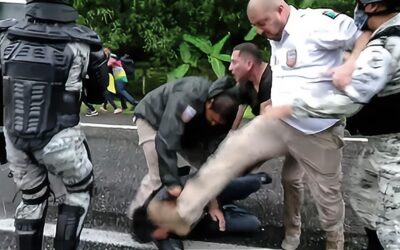
It’s a well-known scene throughout the world: migrant families marching in the streets to demand their rights and seek a better life are brutally repressed by state forces. Police wield billy clubs
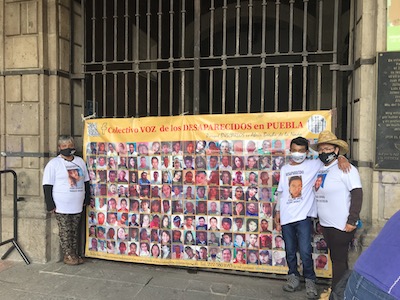
The brigades have unearthed hundreds of human remains and clues to the whereabouts of their loved ones, disappeared throughout Mexico. Their goal is to find them and return them to their families,

If this announcement, like previous ones, is merely a way of marking rhetorical distance from the U.S. government without charting a completely different and sovereign national security policy, we´ll be where we
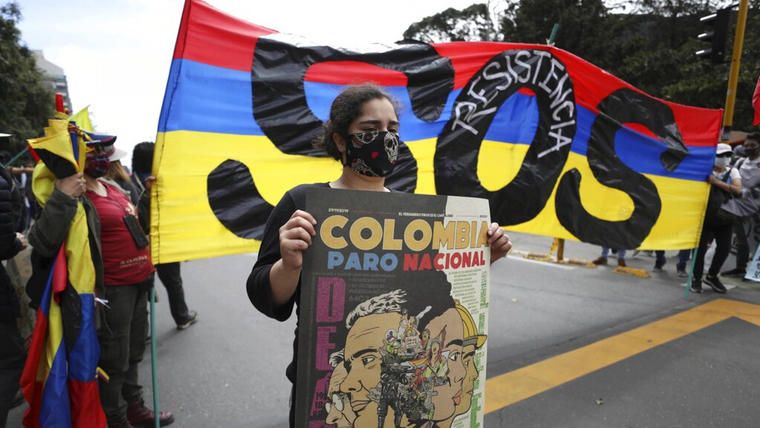
his phase of resistance began with a shout of protest against a new policy that would levy taxes on basic products and services, raising the cost of living in a country where

This Earth Day, four women defenders from four countries came together to reflect on their struggles defending the body-territory. They emphasized that the relationship of women’s bodies with the earth, its natural

Femicide is a crime foretold, warns lawyer Karla Micheel Salas. Announced, frequently by the victim herself, in denunciations and desperate cries for help that are ignored by the authorities and society. Announced